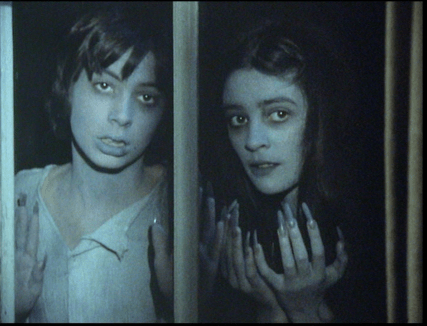“Lost Hearts” is a horror story by the English medievalist and author M. R. James (1862–1936), first published in 1895 in The Pall Mall Magazine, and included in his Ghost Stories of an AntiquaryCollection of eight short stories by the English medievalist and author M. R. James, first published in 1904. (1904).[1]
Told as a third-person narrative, the story begins with the arrival of a young orphaned boy, twelve-year-old Stephen Elliott, at Aswarby Hall in September 1811, where he has been offered a home owing to the generosity of his elderly cousin, Mr Abney.
Synopsis
Stephen is met warmly by Mr Abney, who seems curiously interested in the boy’s age and birthday. Stephen makes great friends with the housekeeper, Mrs Brunch, and one evening asks her “Is Mr Abney a good man, and will he go to heaven?” Mrs Brunch replies in the affirmative, saying that he is the kindest soul she has ever met. As an example she tells of two children Mr Abney he took in off the street and brought back to the house: a young girl eighteen years ago and a little boy seven years ago. But both vanished suddenly soon after being taken in, presumed either drowned or stolen by gipsies.
On 24 March 1812, the spring equinox, Mr Abney comes to Stephen and asks him to visit him in his study at 11 o’clock that night, but not to mention it to anyone. At about ten o’clock Stephen is looking out the open window of his bedroom when he sees two figures standing on the gravelled terrace, standing side by side, looking up at the windows. The girl seems to be smiling, with her hands clasped over her heart, but the boy raises his arms to reveal a “black and gaping rent” on the left side of his chest, along with fearfully long fingernails, before they both disappear.
Stephen keeps his assignation with Mr Abney, but on entering his study finds him dead “his head thrown back, his face stamped with an expression of rage, fright, and mortal pain. In his left side was a terrible lacerated wound, exposing the heart.” The coroner’s verdict is that Mr Abney met his fate by an encounter with some wild animal, but papers found in Mr Abney’s study suggest a different story:
Adaptions
“Lost Hearts” was first adapted for television by ABC and broadcast by ITV in 1966,[2] as an episode of the Mystery and Imagination series.[3]
The story was adapted again as a strand in the BBC’s A Ghost Story for Christmas, and first broadcast at 23:35 on Christmas Day 1973, in a version updated to the 1940s by Robin Chapman, starring Simon Gipps-Kent as the orphan Stephen.[4]
See also
- M. R. James bibliographyList of the works written by M. R. James.
External links
- Full text of “Lost Hearts” at Project Gutenberg

